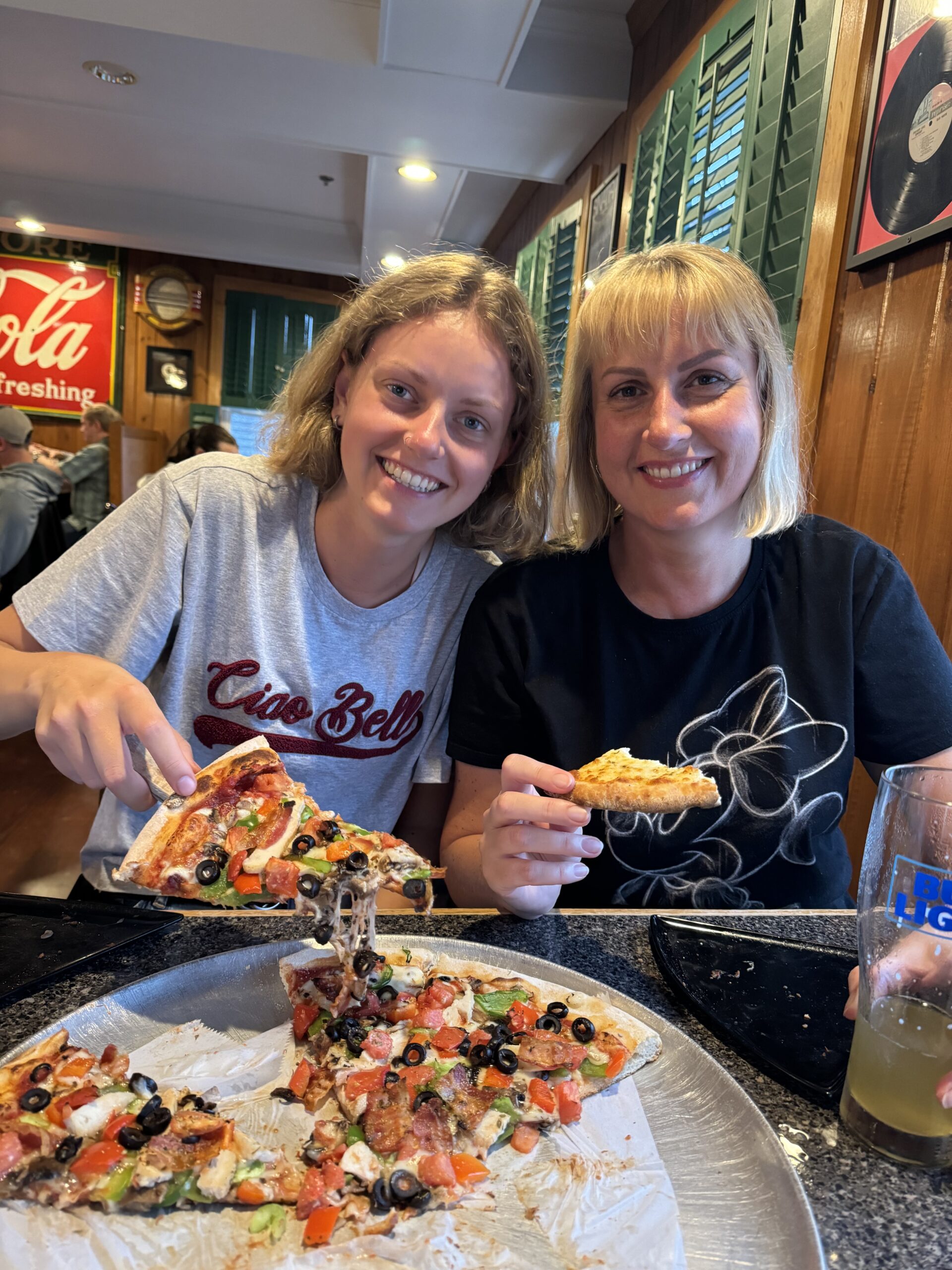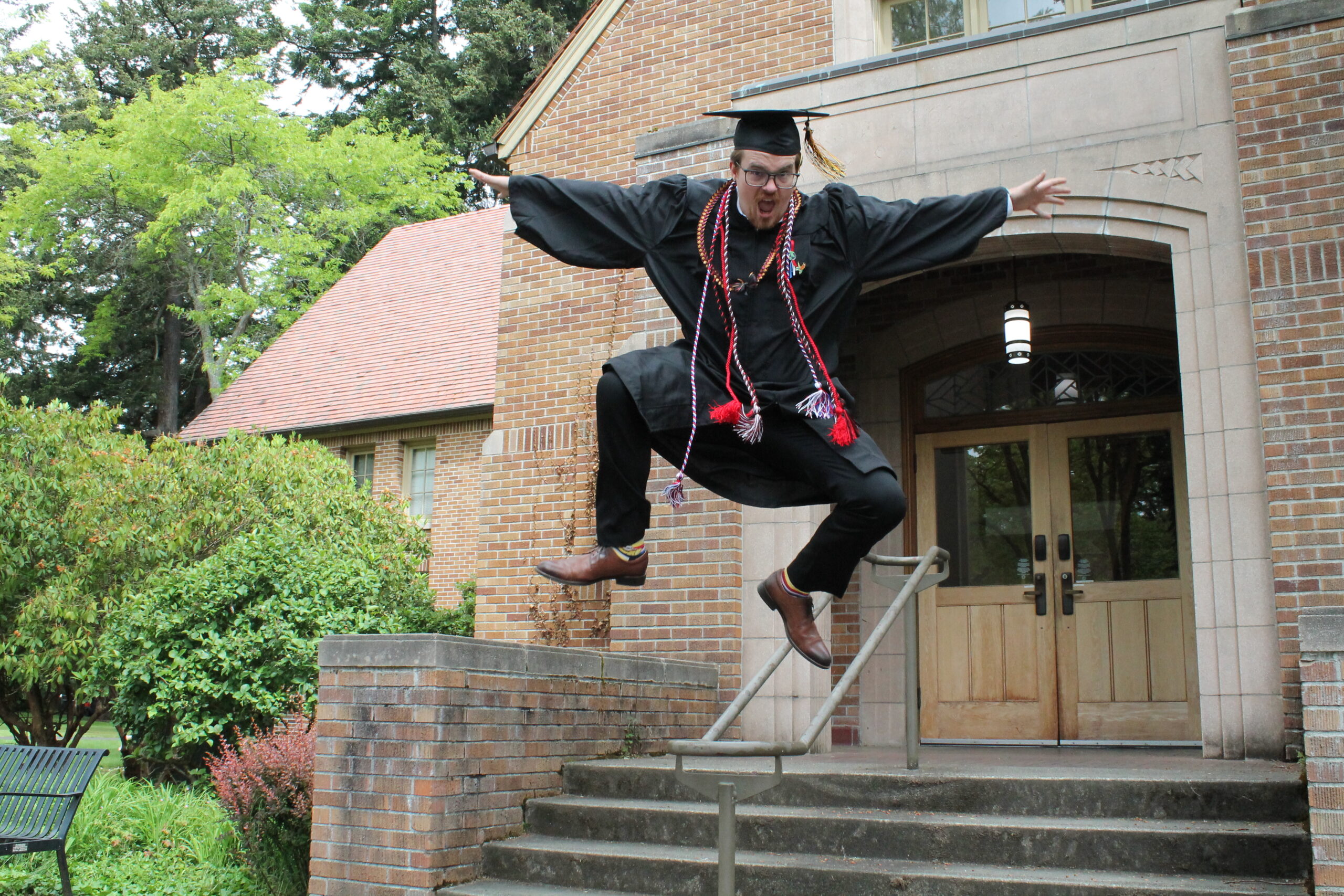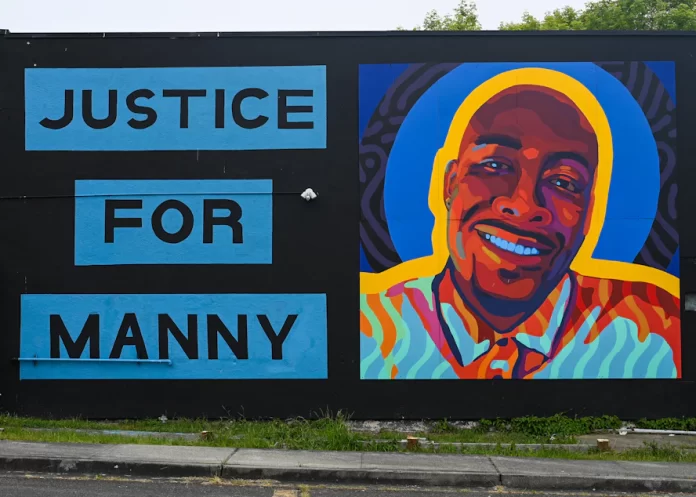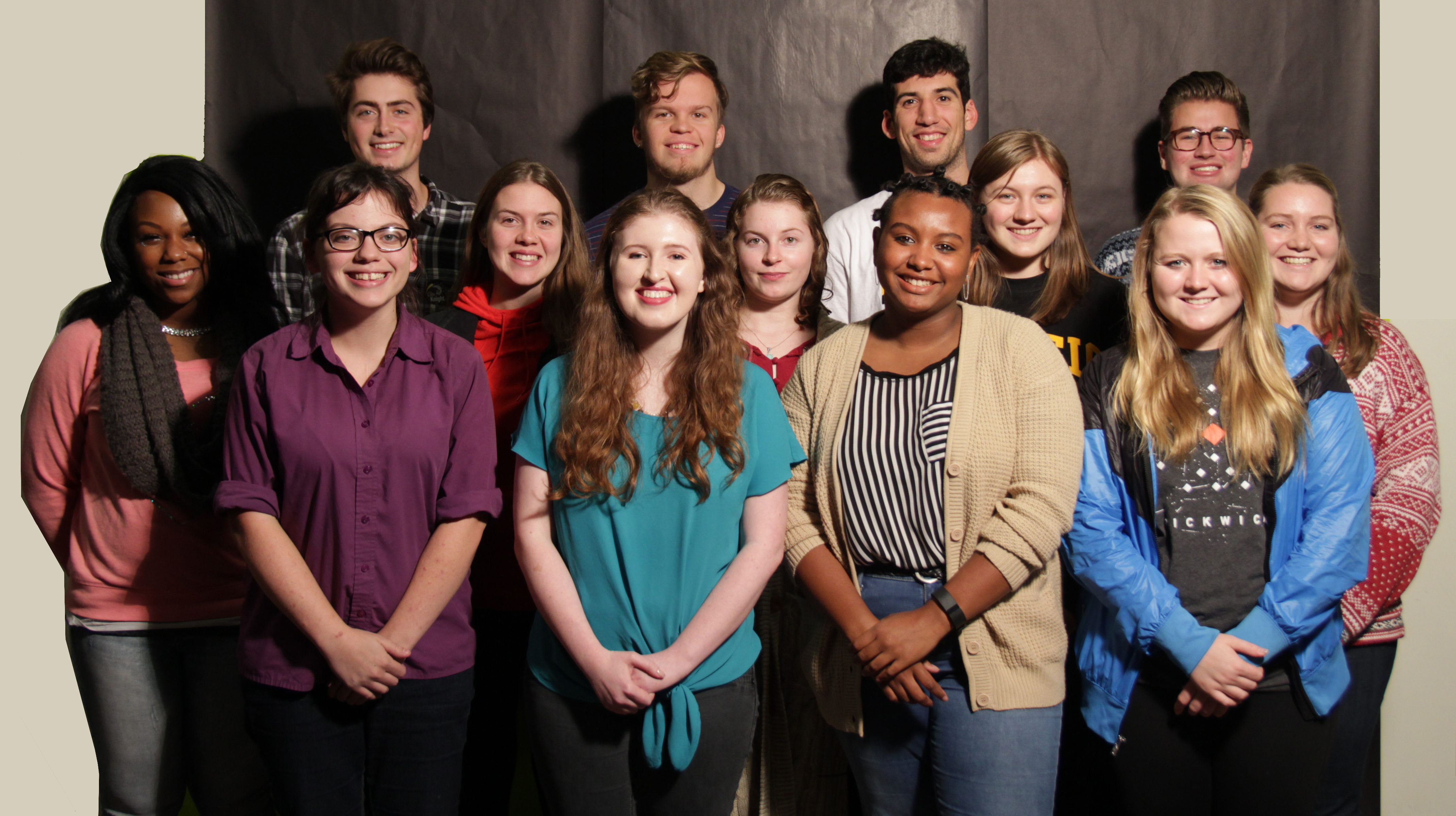OPINION EDITORIAL:
Pacific Lutheran University (PLU) cares about its students’ voices: voices that did not number enough for PLU to comment on the acquittal of the three Tacoma Police Department (TPD) officers who were charged with second-degree murder and manslaughter for killing Manuel “Manny” Ellis. Ellis, a Black man, was hog-tied, beaten, tased, had a spit mask put over his head, and suffocated till he died from an officer kneeling on his back less than two miles from PLU campus. Ellis cried out repeatedly that he could not breathe. He was told to “shut the f— up” by one of the officers that killed him.
It is our opinion that, as an institution, PLU and its students have failed to live up to their commitment to antiracism by shying away from public and continuous conversations surrounding Ellis’s killing. PLU has the capacity and the obligation to do the right thing concerning antiracist activism, and had the opportunity to do so following the trial, regardless of student outcry—yet they did nothing following the officers’ acquittal.
After Ellis’s killing, Belton echoed a statement he made regarding George Floyd, saying to staff and faculty at a private University Assembly address in the Spring of 2020, “Consider what we are called to do as an institution, as a community… you deserve a campus and community where equality is actualized and systems are reformed. We have work to do, and it’s on all of us.” Belton made his first (and PLU’s only) public statement regarding Ellis came in 2021 after charges were brought against the officers.
In his 2021 public statement, in the spirit of the Evangelical Lutheran Church of America’s commitments to anti-racism, Belton committed to the work PLU has already done, saying “here on campus, we will continue to do the critical work outlined by our Diversity & Inclusion Strategic Plan, the Seven Actions for Institutional Equity and Anti-Racism at PLU, and the recommendations made in the Campus Safety Review… earlier this semester.” Belton went on to state that the PLU “community is still here to listen, support, process, and stand with you, however that might be helpful.”
When asked to comment on PLU’s response to the TPD verdict and their perceived lack of action surrounding Ellis’s killing, Belton referred writers to previously made statements and the expertise of various PLU specialist faculty.
In an interview with the Director for Communications Zach Powers, speaking on how the university supports students through difficult issues, he stated “there’s not really like- a central hub that’s making decisions with how PLU responds to something… I think we’re doing a lot of listening, we’re relying on what we call student-facing staff and faculty.”
When asked about PLU’s progress towards racial justice, Powers said “I think that’s how PLU ought to be judged—The best way to consider a University’s values is with its actions, and its values and with what’s happening on its campus for the good or the bad.”
When considering PLU’s preparation for the conclusion of the trial, Director of Accessibility and Wellbeing Resources Austin Beiermann said that the university was “preparing active resources” for student health. Beiermann noted that within various divisions of administration that address student health and wellbeing, Ellis was a topic of conversation when the trial began in September 2023. Beiermann additionally mentioned that TimelyCare was promoted as an option for healthcare to students, as well as personally monitoring how many appointments were made with the counseling center and other data related to student health after the verdict.
In January 2024, it seemed, students experienced an average level of stress coming back to school. During this time, according to Beiermann, “counseling services had 92 appointments.” This data, while limited, would suggest either students were not in a heightened state of need following the acquittal of the officers when compared to previous months, or that students affected were not utilizing these resources.
In another interview pertaining to student needs regarding social issues with the Assistant Director for the Center for Diversity Justice and Sustainability (DJS) Karmen Taylor-Brown, she said “There’s just times where it seems like we think students need something, and then we get from them, ‘no, we don’t really need to talk about this here.’” Taylor-Brown continued, “And we’re even like ‘are you sure?’ Like, we just really want to make sure that we’re making sure that student voices are heard.”
In talks with these specialists, it became clear that although PLU was ready to support students during January and the fallout of the trial, no action was taken as students did not seem to need or want it.
If outcry drives PLU’s approach to social issues, it would be hard to judge students as being entirely at fault for the campus- wide silence given that the officers involved in Ellis’s death were acquitted following a trial that ended December 21, 2023, a time when most students are off campus. PLU can and should make an effort regardless of student outcry when issues this important come to light.
“The People’s Gathering: A Revolution of Consciousness Conference!” (TPG), put on by PLU this past November 2023, worked towards living up to its commitment to antiracism.
Director of Anti-Racist Leadership Dr. Melanie Cunningham, an 18-year PLU faculty member, organized the day-long conference as a means to create a safe space to work on antiracist skills, engage in unapologetic dialogue, and become problem-solvers in racism. Cunningham’s primary focus of the conference was to wake people up to the reality of racism and draw attention to the killing of Ellis.
“You can’t just say you’re antiracist and not have any skin in the game. We’re trying to help people find a focused way to elevate their mindset around the whole idea of systemic racism and its impact on Black and Brown and Indigenous people,” said Cunningham.
Regarding PLU’s failure to speak more on Ellis, Cunningham said, “if we were active then let’s call it out and raise it up. Give us some specifics.”
More must be done, with or without student demand. Hosting an event teaching the PLU community about the Ellis case, making a meaningful statement to the PLU community, and continuing to build on work like the TPG conference, would actualize the commitments presented by PLU. You must take comprehensive action to create true change.
On whether or not PLU has done enough, Cunningham said, “You talk about effort- what is the effort to change that narrative, and I think that’s the equal sign to ‘does PLU care.’ The effort, the results, not the rhetoric. And the results are in the testimonies… I would leave you with Dr. King’s quote: ‘At some point silence is betrayal’ Like, were we silent? Then there’s the answer.” Cunningham’s work is vital to PLU’s mission of antiracism, work that should not all be left up to her, or other PLU employees or students of color.
The news of the Manny Ellis trial hits home because it is home. He was killed less than two miles from campus. PLU provides us with an education, a place of gathering, and a platform to grow. It needs to be a place we can count on to actively support us.
It is not just our institution that needs to be active in this, though. Even as we call PLU to take action rather than preparing for it, we call students to show up. Care about the issues impacting your community, friends, peers, and yourself. Even if these issues don’t directly impact you, they impact someone around you. PLU will act if we say something, so say it.


















